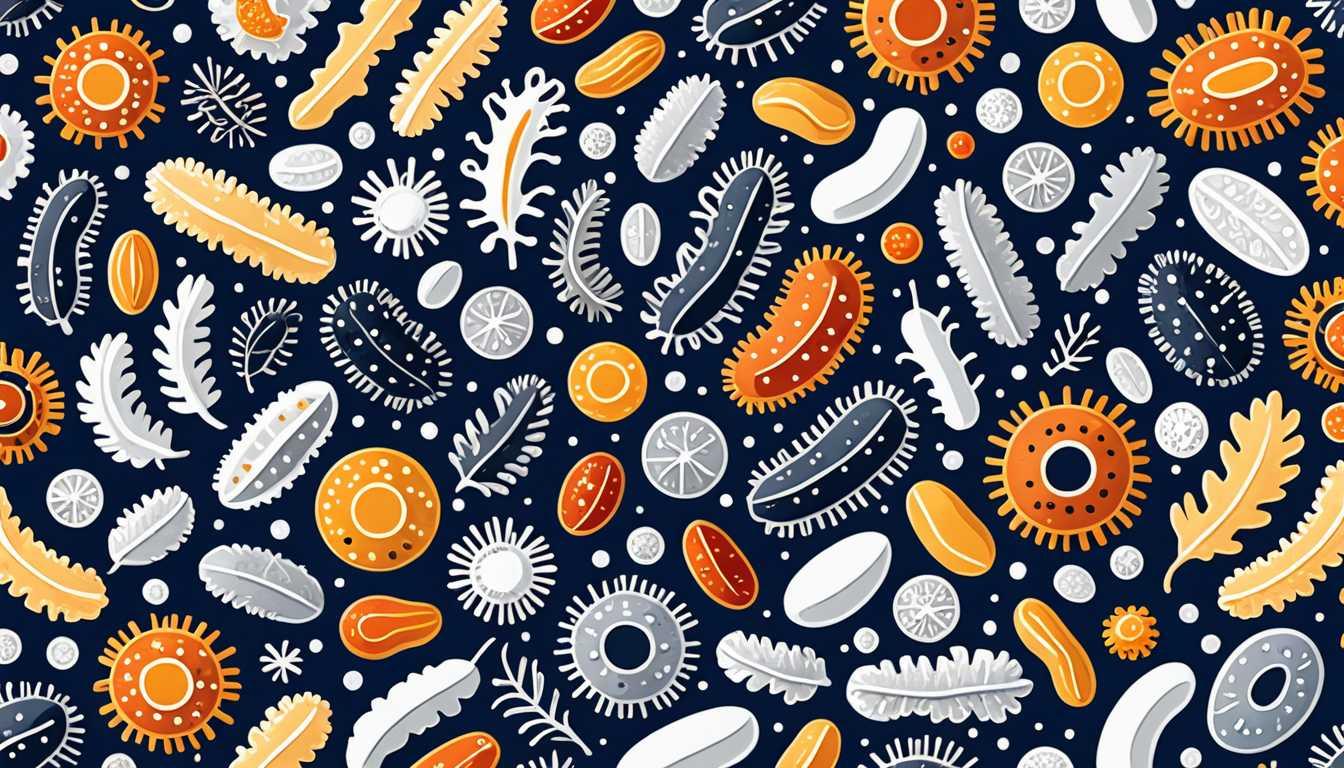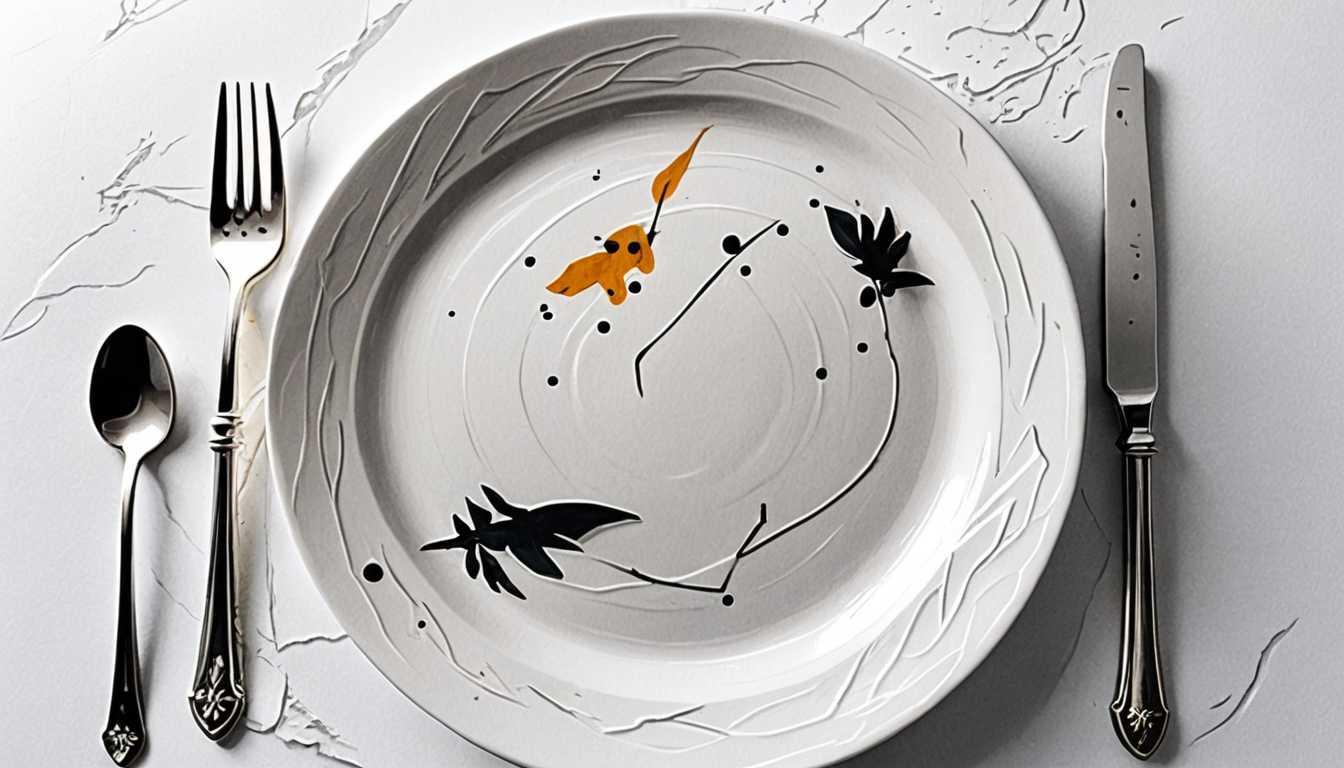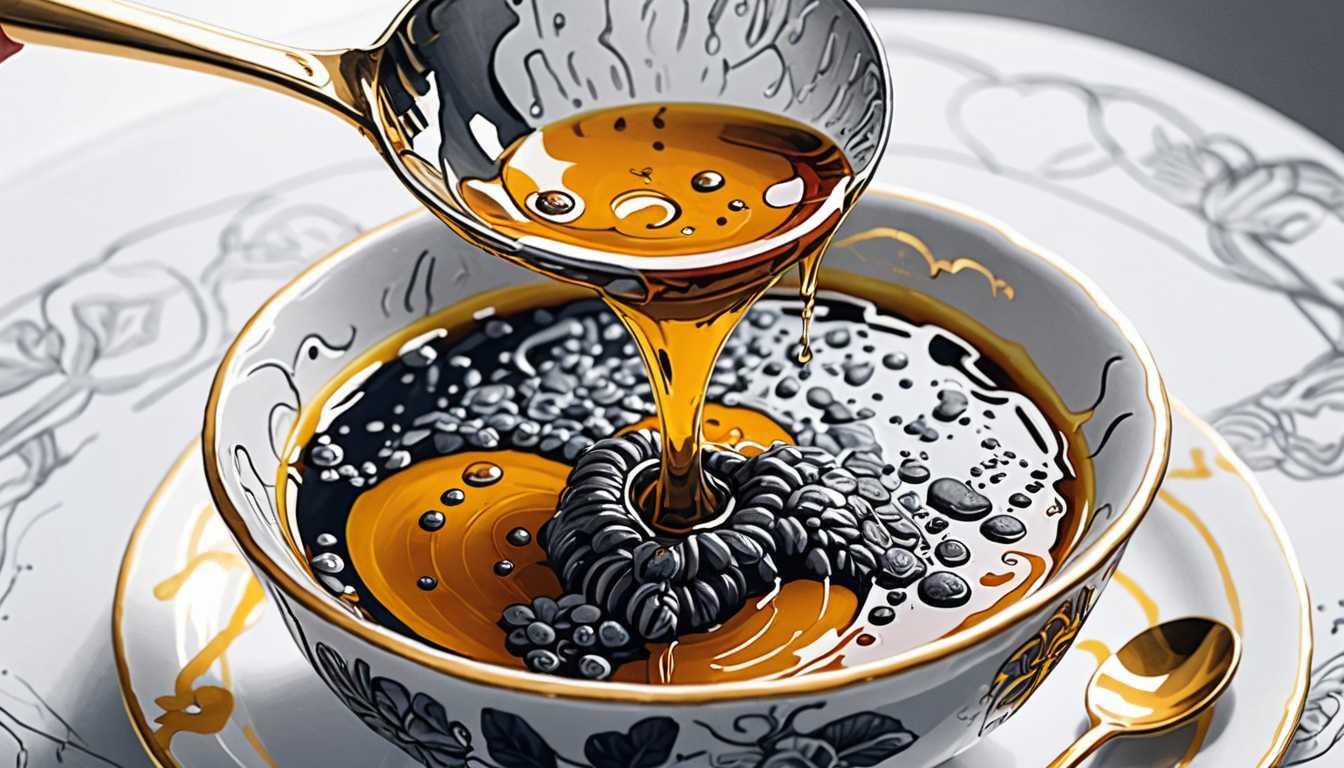Eat, Gut, Defend: Tryptophan's E. coli Shield
March 2024
Cornell University
Introduction
Dive into the fascinating world of gut health with Cornell University's latest scoop: Tryptophan in Diet, Gut Bacteria Protect Against E. coli Infection. Ever thought your turkey dinner could shield you from nasty E. coli? Researchers have uncovered how tryptophan-rich foods and friendly gut bacteria team up to block E. coli's gut-wrecking plans. It's a tale of microscopic battles, clever gut receptors, and the surprising protective power of your next meal. Who knew science could be so appetizing?
READ FULL ARTICLEWhy It Matters
Discover how this topic shapes your world and future
The Shield Within - How Your Diet Battles Bacteria
Imagine having a superhero inside you that could fight off nasty villains like the E. coli bacteria, responsible for making people seriously ill. Well, guess what? You do! This superhero team consists of your diet, specifically an amino acid called tryptophan, and the good bacteria in your gut. When you eat foods rich in tryptophan (think turkey, nuts, and whole grains), these gut bacteria break it down into special molecules. These molecules then activate a shield in your gut cells, blocking E. coli from attaching and causing infections. This fascinating discovery not only highlights the wonders of the human body but also underscores the importance of a balanced diet and a healthy gut. It's a prime example of how what we eat directly impacts our health in complex and beneficial ways, making it a topic that hits close to home for anyone interested in staying healthy.
Speak like a Scholar
Amino Acid
The building blocks of proteins. Think of them as the Lego pieces your body uses to build various structures it needs.
Metabolites
Small molecules produced during metabolism. Imagine them as the waste or byproducts after your body has used something, except these can be really useful.
Gut Epithelial Cells
The cells that line the inside of your stomach and intestines, acting as a barrier between your body and the outside world.
Receptor
A protein on the surface of a cell that binds to specific molecules. It's like a lock that only opens with the right key.
Pathogen
An organism that causes disease. Picture these as the villains in our body's ongoing story of health.
Actin Polymerization
A process where molecules join together to form long chains, important for cell movement and structure. Imagine it as building a bridge inside the cell.
Independent Research Ideas
Exploring the Role of Different Diets on Gut Bacteria Diversity
Investigate how various diets (vegan, Mediterranean, etc.) affect the diversity of gut bacteria and, by extension, the body's ability to fight off infections.
The Psychological Effects of Gut Health
Delve into how gut health impacts mental health, exploring the gut-brain axis and the role of metabolites in mood regulation.
Comparative Study of Gut Flora in Different Cultures
Examine how the gut flora (and thus, disease resistance) varies across cultures with distinct dietary habits, potentially uncovering new dietary guidelines for health.
The Evolution of Bacterial Resistance in the Gut
Research how constant exposure to various diets and antibiotics might be driving the evolution of bacteria in the human gut, including beneficial and pathogenic bacteria.
Developing New Therapeutics from Tryptophan Metabolites
Explore the potential for creating new drugs or dietary supplements based on tryptophan metabolites that could enhance the body's natural defense mechanisms against pathogens.
Related Articles

Fasting: Health Benefits or Cancer Risks?
August 2024
MIT News

Fiber: Your Gut’s Best Defense Against Germs
January 2025
U of Cambridge Research

Night Shifts: Appetite's New Best Friend
October 2023
University of Bristol

Fasting: A Gut’s Best Friend or Foe?
October 2024
MIT Technology Review

Honey's Eternal Magic Unveiled
August 2013
Smithsonian Magazine